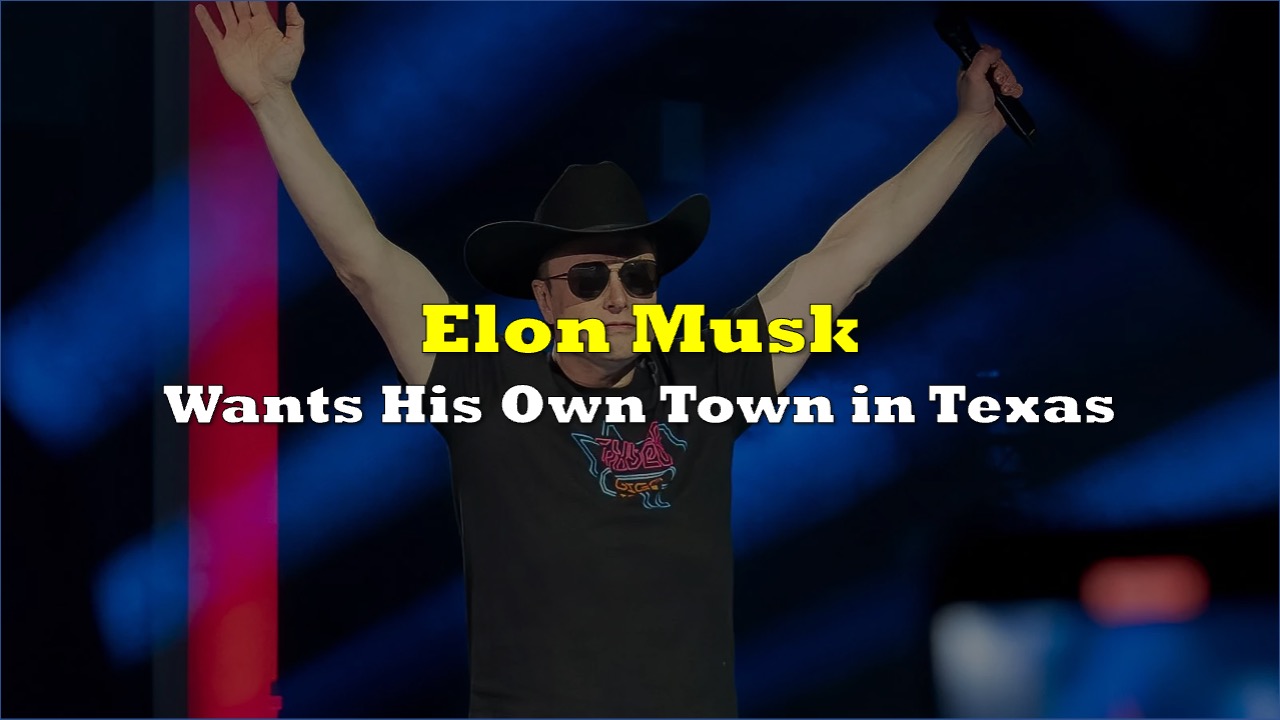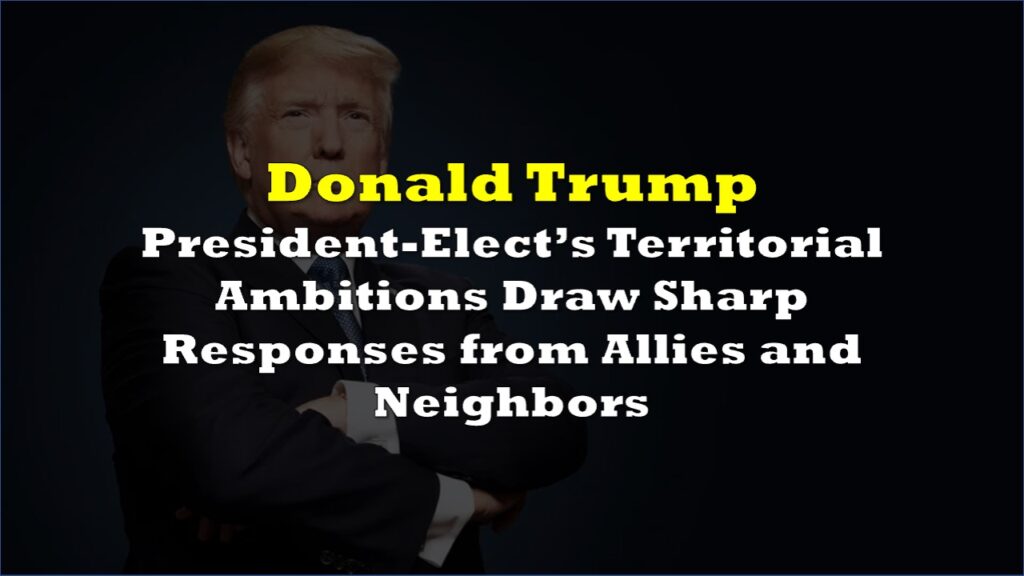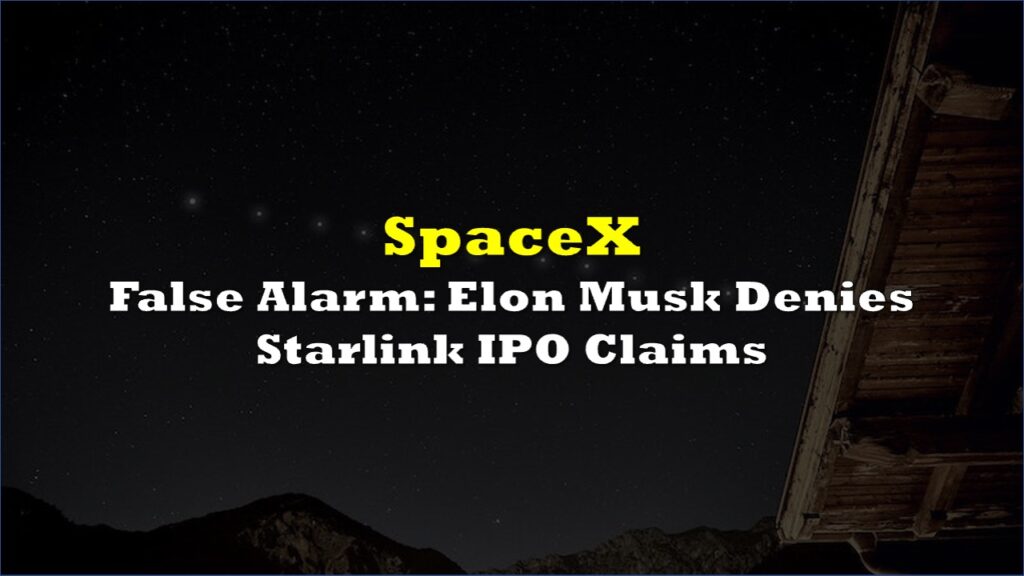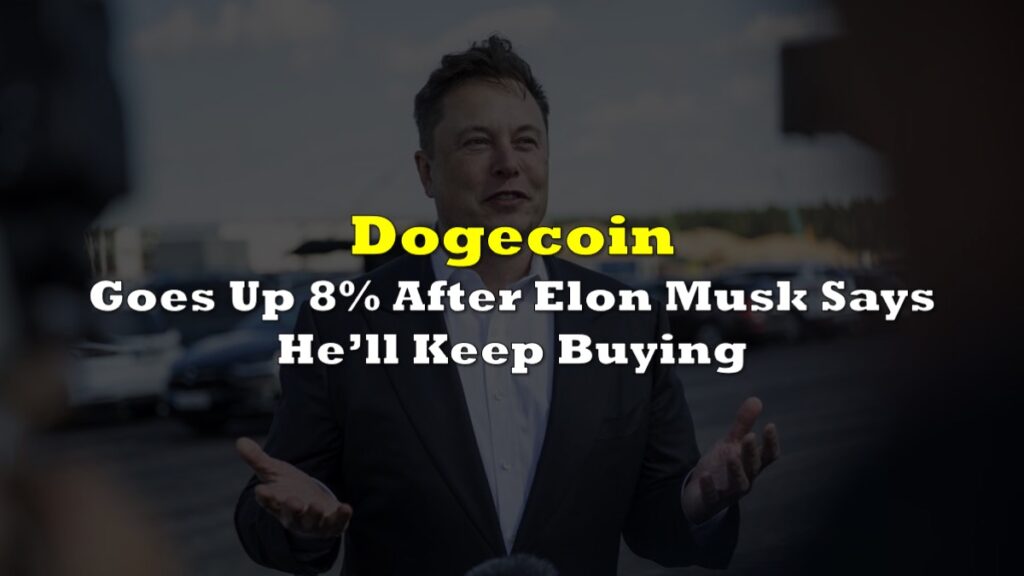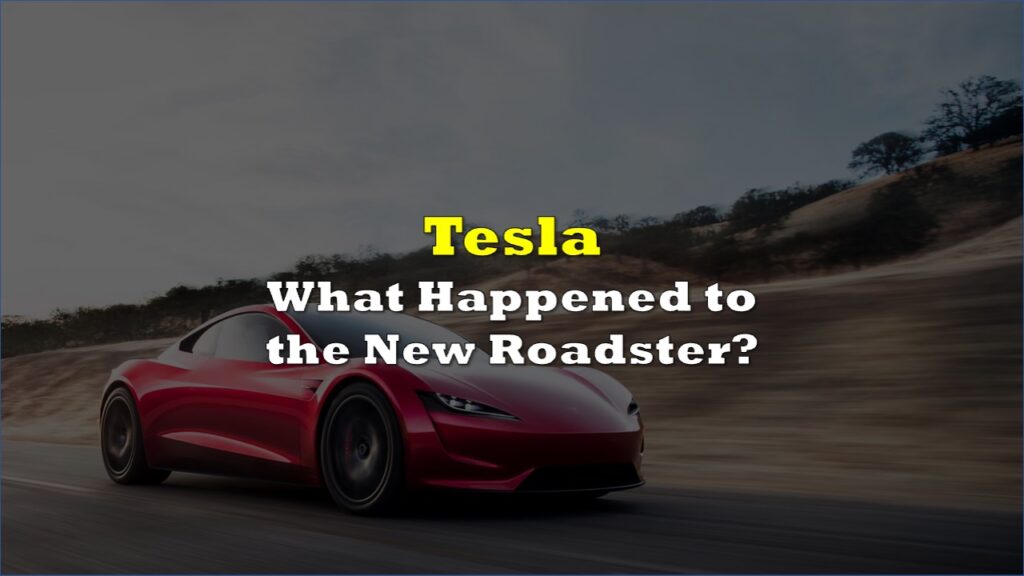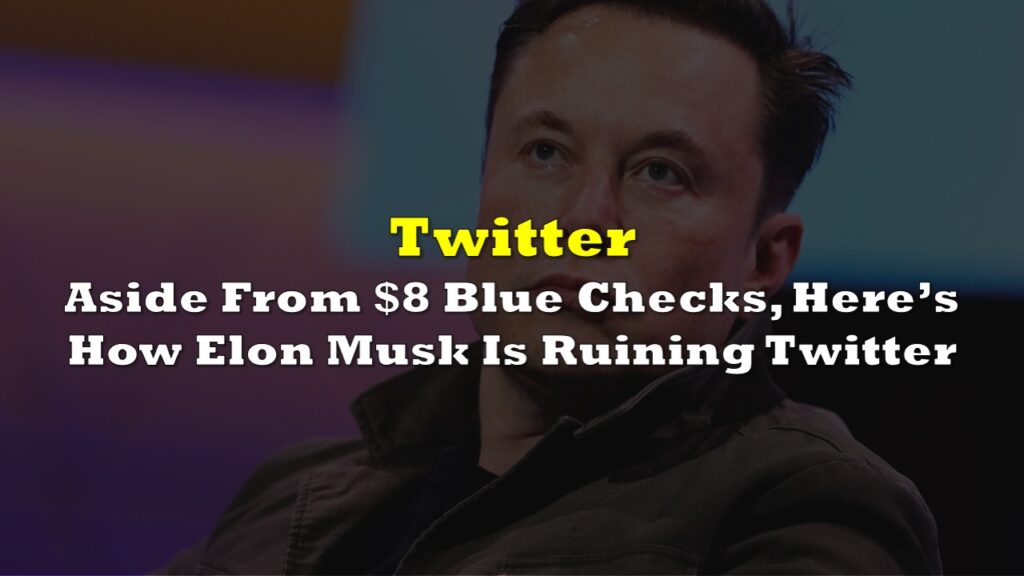Elon Musk and his companies have been buying thousands of acres of idyllic pasture and farmland on the outskirts of Austin, Texas. The large swaths of land will very soon be home to a SpaceX facility and a warehouse for the Boring Company, as well as what looks to be his own town, according to a story by the Wall Street Journal, which cited deeds, other land records, and people familiar with the matter.
About two years ago, Musk left California, the land of “overregulation, overlitigation, overtaxation,” as he said in December 2021. He moved his family and companies to Texas where there are fewer regulations, environmental and labor requirements, and a delightful lack of corporate income tax or income or capital gains taxes on individuals.
It seems that the billionaire CEO is embracing more of the idyll and regulatory benefits of the state and has set his eyes on owning more of it in Bastrop County, about 35 miles southeast of his current home in Austin. People familiar with the matter said that once Musk’s town is formally incorporated, Musk would be allowed to set his own regulations and expedite plans for his projects.
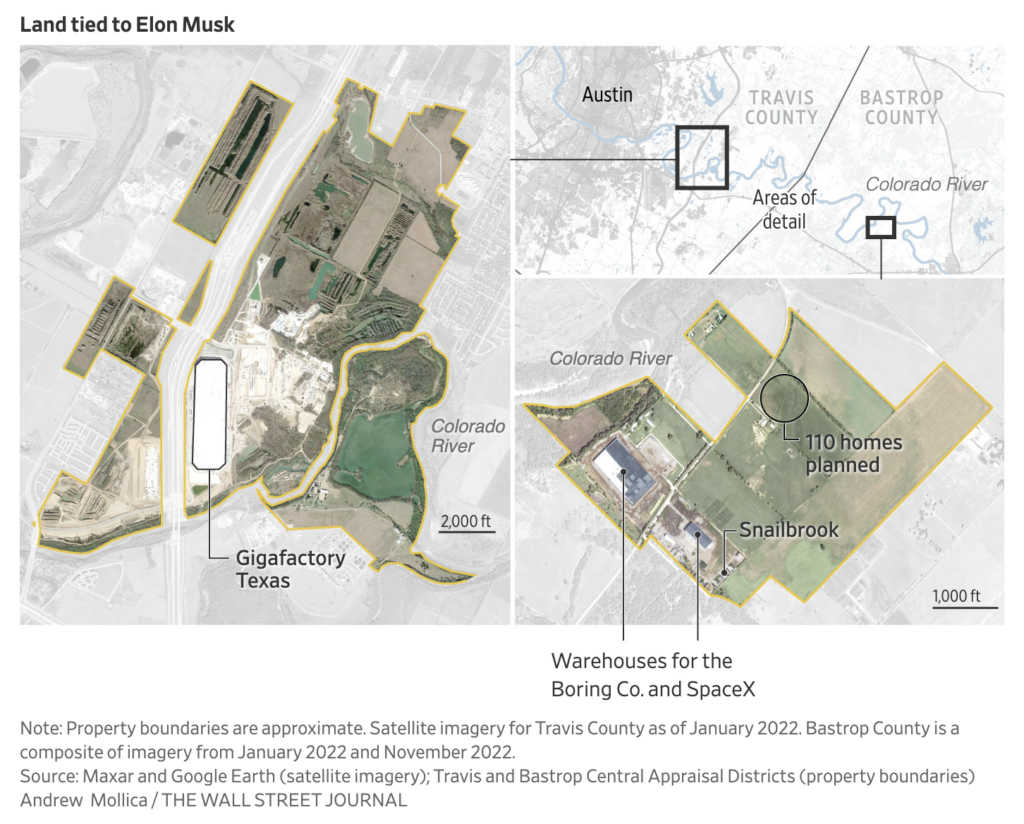
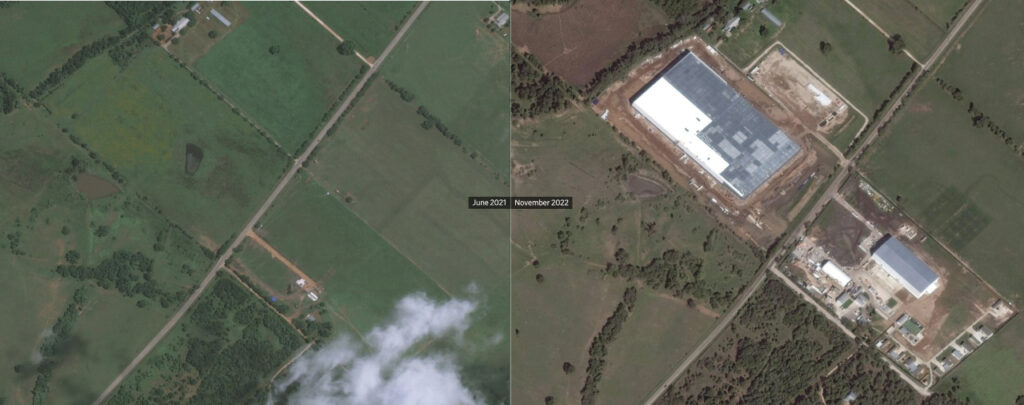
Construction of the facilities for SpaceX and the Boring Co is well underway, and construction of the adjacent town called ‘Snailbrook’ has also started. The area already has several modular homes and recreational facilities including a pool and a gym. Plans to build at least 110 homes have also been filed with the county.
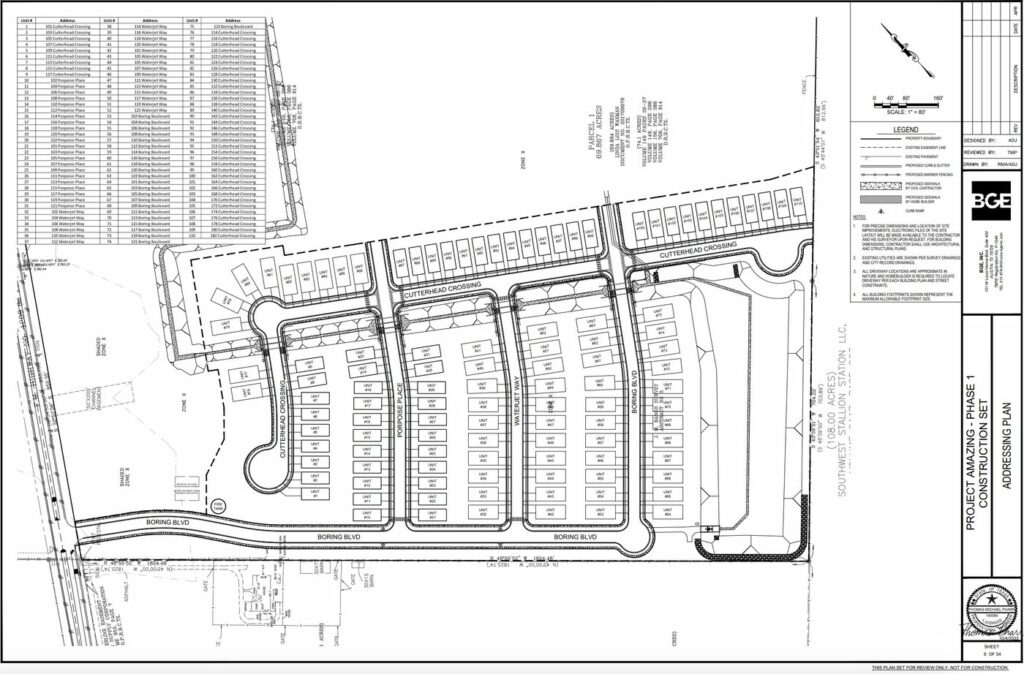
The homes, according to people familiar with the matter, will be offered to Musk’s companies’ employees, including those in Austin for Tesla (NASDAQ: TSLA), at below-market rates so that they could all live and work happily in Elon Town.
It’s easy to visualize Musk playing mayor — especially after the simulation that was his first 100 days as the owner of Twitter. With Musk being able to set regulations and expedite plans, the town will likely be an interesting testbed for his many projects, and the setup will likely significantly increase the companies’ productivity, with the employees living close by.
The outlet also reported that some employees at the Boring Co, including company president at top Musk lieutenant Steve Davis, have talked about bigger plans, including the possibility of “creating an entire city.”
"Snailbrook" is the @boringcompany employee (and families) trailer park in Bastrop, TX pic.twitter.com/kwoqMBqS2z
— Chap Ambrose (@chapambrose) November 22, 2022
In meetings with real-estate agents and landowners in the past two years that Musk and his companies have been acquiring land in the area, the CEO and his employees have “described his vision as a sort of Texas utopia along the Colorado River,” according to the Wall Street Journal.
Lessons from Fordlandia
If the dream sounds familiar, it’s because it’s been attempted before by another visionary, Henry Ford, and his town was called Fordlandia.
Fordlandia was built in the Amazon rainforest in the 1920s, with the goal of producing rubber for his car company. Ford’s “official” reason was that he wanted to cut manufacturing costs by sourcing cheap latex in Brazil, which it would then use to make its own tires.
But Ford’s visual drove further than cutting costs. Like Musk, he aspired to build his own utopia, and create a better future for his own piece of the planet.
If Musk revolutionized the electric vehicle industry, it was Ford who revolutionized the automotive industry and democratized car ownership. His company introduced the assembly line system in car production which then allowed new cars — his flagship Model T — to be driven out of the factory faster so more people could acquire them.
However, unlike Musk, Ford actually championed fair treatment of employees. He believed that treating them fairly would make them more responsible citizens, with values that could make the world a better place. One of his employee relations heads once said that cars were “the by-products of his real business, which is the making of men.”
Like many men of his ilk, Ford had very strong ideals. (Unfortunately though, one of them was anti-semitism.) He believed that he could transplant this culture into the Amazon, which he mistakenly imagined as a blank slate, and “civilize” it.
Construction began in 1926, and after a few years, many changes in management, and a never-ending chain of problems, the project ultimately failed (or Ford finally accepted defeat) and the city was abandoned in 1940’s. The core problem was a painful lack of understanding of the local climate, soil, and culture.
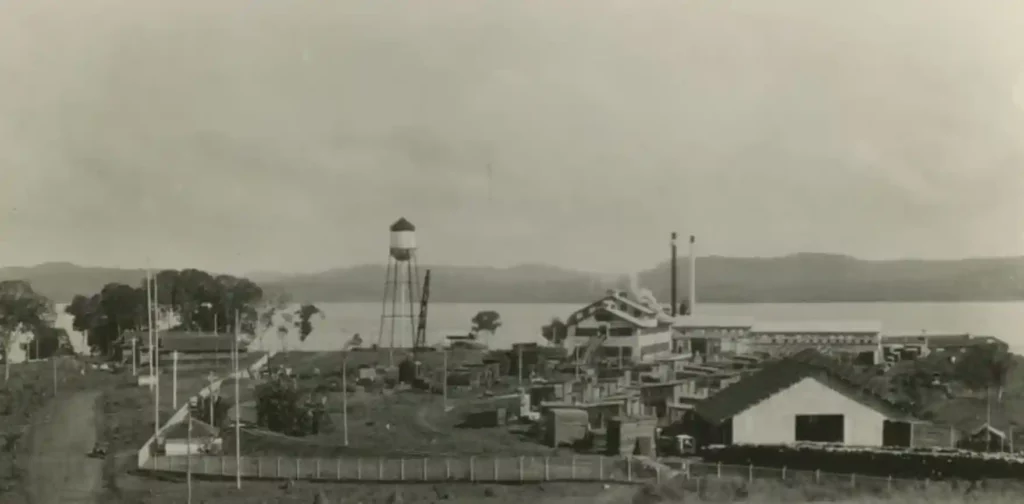
But okay, Texas isn’t Brazil. And it can’t be said Musk and his companies have a lack of understanding of the local climate, soil, and culture. These are actually the very factors that have brought them to the county.
The road towards Musk’s utopia isn’t as challenging as Ford’s. Musk and his companies are facing a few hurdles in regulation — but only because they want everything faster. Some neighbors are concerned about the impact of the facilities on the water quality of the nearby Colorado River as well as the aquifers that fill the area’s wells.
Other than these relatively manageable — if not minute — hurdles, nothing else seems to be standing in Mayor Musk’s way.
Information for this briefing was found via The Wall Street Journal, The Guardian, Twitter, and the sources and companies mentioned. The author has no securities or affiliations related to the organizations discussed. Not a recommendation to buy or sell. Always do additional research and consult a professional before purchasing a security. The author holds no licenses.

